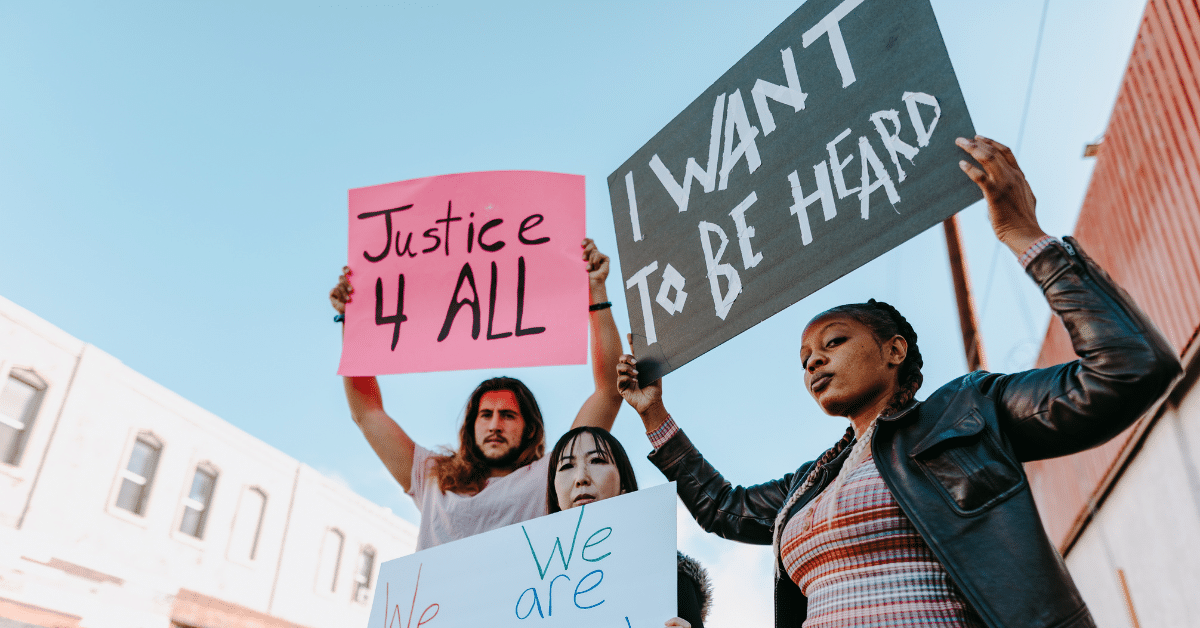
Tackling Global Warming and Climate Justice Issues
Global warming and climate justice are intricately linked, and understanding their intersection is crucial for addressing both effectively.
Global Warming
Global warming refers to the long-term increase in Earth’s average surface temperature due to human activities, primarily the burning of fossil fuels which increases levels of greenhouse gases like carbon dioxide (CO2) in the atmosphere. The effects of global warming include more frequent and severe weather events, rising sea levels, and changing ecosystems.
Climate Justice: What It Means
Climate justice is a term that recognizes the ethical and political dimensions of climate change. It emphasizes that the impacts of global warming are not distributed equally or fairly. Climate justice advocates for the protection of vulnerable populations who contribute the least to climate change but are most affected by its consequences.
Intersections of Global Warming and Climate Justice
- Disproportionate Impact: Developing areas or marginalized communities often face the brunt of global warming’s effects despite contributing minimally to the problem. For example, small island nations are at risk of disappearing due to rising sea levels, while many indigenous communities lose their homes and ways of life.
- Economic Inequality: Wealthier nations and individuals have more resources to adapt to climate change, such as building infrastructure to withstand extreme weather or relocating to safer areas. In contrast, poorer communities may lack the means to protect themselves, leading to greater suffering and displacement.
- Health Disparities: The health impacts of global warming, including increased respiratory issues, heat-related illnesses, and the spread of diseases, often hit the most vulnerable populations hardest. These communities may already have limited access to healthcare, exacerbating the problem.
- Environmental Racism: Climate justice also addresses environmental racism, where minority communities are more likely to live near polluting industries and are exposed to higher levels of pollution. This makes them more susceptible to the adverse health effects of climate change. We have seen this first hand through our fight against both the Atlantic Coast and Mountain Valley Pipelines.
- Migration and Displacement: Global warming is causing more frequent natural disasters and altering landscapes, leading to displacement and forced migration. Those who are displaced often face significant challenges in finding new homes and livelihoods, and this burden falls disproportionately on the poorest and most vulnerable populations.
To tackle the intertwined issues of global warming and climate justice, several strategies are essential:
- Inclusive Policy Making: Policies must be designed with the input and needs of vulnerable communities in mind. This includes ensuring that climate actions do not exacerbate existing inequalities.
- Equitable Resource Distribution: Financial and technological resources should be distributed fairly to enable all countries and communities to adapt and mitigate climate change effectively.
- Legal and Advocacy Efforts: Legal frameworks and advocacy initiatives should protect the rights of those disproportionately affected by climate change and hold major polluters accountable.
- Community Empowerment: Empowering local communities through education, resources, and support programs can help them build resilience against the impacts of global warming.
Addressing global warming cannot be separated from the pursuit of climate justice. Ensuring that all communities, especially the most vulnerable, are protected and empowered is essential for a fair and effective response to climate change.